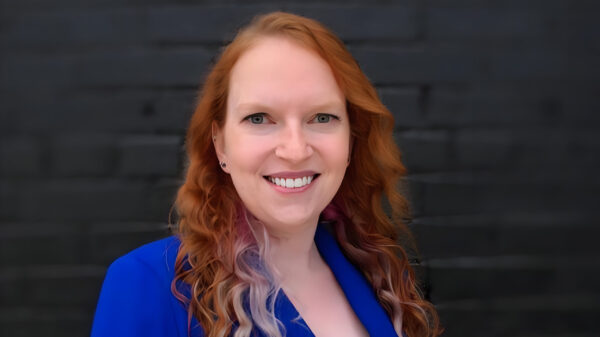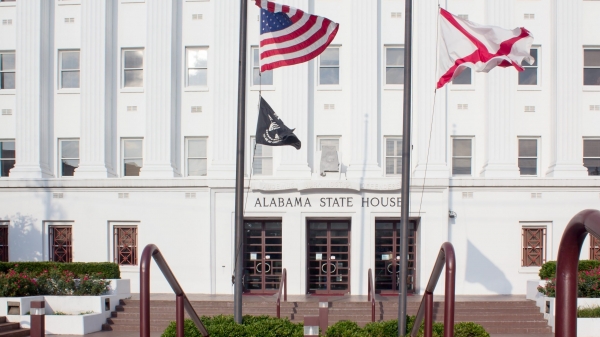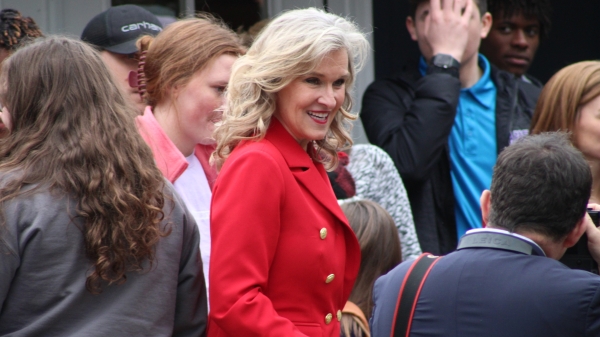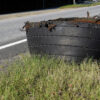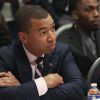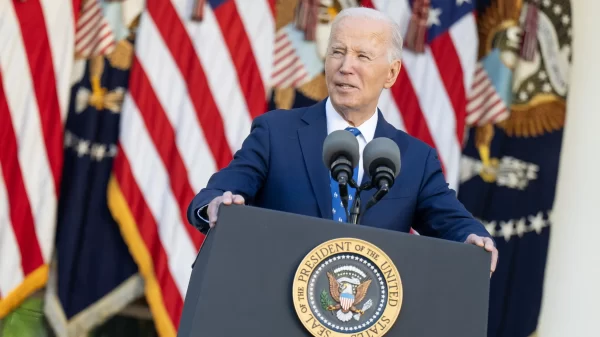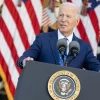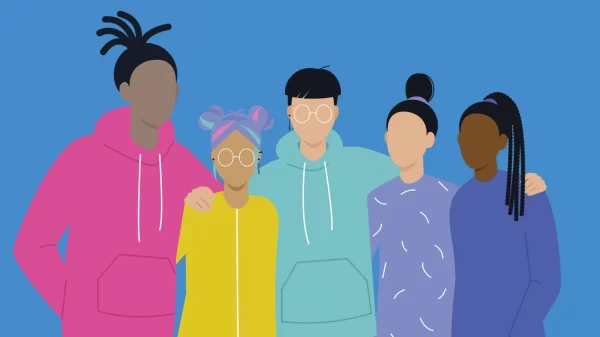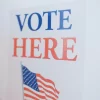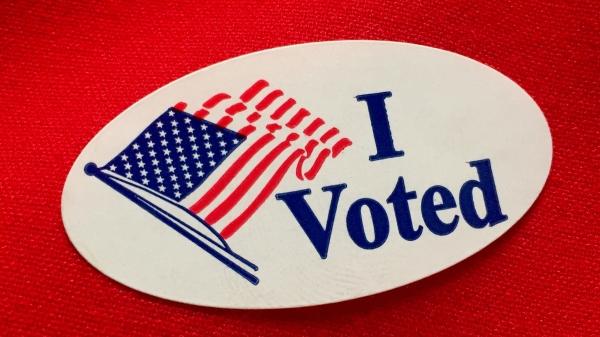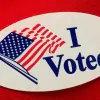Staff Report
MONTGOMERY—An Alabama law that gives tax breaks to families transferring their children to successful schools discriminates against impoverished students in the state’s Black Belt region who are trapped in failing schools, according to a federal lawsuit filed today by the Southern Poverty Law Center.
“For many students in the Black Belt, the promise of the Alabama Accountability Act is an empty one,” said SPLC President Richard Cohen. “When the Act was passed, state officials promised it would benefit students regardless of their family income or where they lived. The reality is that thousands of children in Alabama’s Black Belt, most of them African Americans below the poverty line, are trapped in failing schools and cannot take advantage of the Act.”
In a number of Black Belt counties, there are no schools at certain grade levels that are not failing. Because the cost of private schools is prohibitive and because the few public schools in adjacent counties that will take these students are not accessible, many students in the Black Belt cannot escape failing schools.
“What’s more, the failing Black Belt schools will deteriorate further as money meant for public education is funneled into tax breaks for families with access to successful public and private schools,” Cohen added. The SPLC asked the court to permanently block the Act, which provides a $3,500 tax credit to help offset the cost of tuition and fees charged by schools that accept students who transfer. The suit says that the law violates the 14th Amendment’s Equal Protection Clause because it impermissibly creates two classes of students assigned to failing schools – those who can escape them because of their parents’ income or where they live and those who cannot. The suit was filed in the U.S. District Court for the Middle District of Alabama on behalf of eight students who attend failing schools in Wilcox, Russell, Barbour and Marengo counties.
Students in the 78 schools declared “failing” by the state are overwhelmingly poor, and nearly 40 percent of those schools are located within the Black Belt. Nine in 10 students in failing schools receive free or reduced lunch, making it difficult for their families to send them to successful private schools. They are students like “J.R.,” a 12-year-old boy assigned to attend the seventh grade at Barbour Junior High School, a failing school. His grandmother and legal guardian, Mariah Russaw, has Bell’s Palsy and no reliable source of income. Having previously worked in Alabama’s cotton fields for nearly 40 years, she desperately wants J.R. to receive an education so that he may have a better life. But the closest public school to J.R. that is not failing, the Banks School in Pike County, is 19 miles away, and Russaw is neither physically nor financially able to travel 76 miles each day (19 miles each way, twice daily) to enroll her grandson there or pay any tuition and fees the school may charge. The closest private school is 30 miles away and is not participating in the Act’s program.
“More than ever, a quality education is critical in today’s world,” Cohen said. “It shouldn’t depend on how much your parents make or where you live.”
A copy of the complaint can be found at: http://www.splcenter.org/sites/default/files/complaint_signed_version_8.19.2013.pdf.


